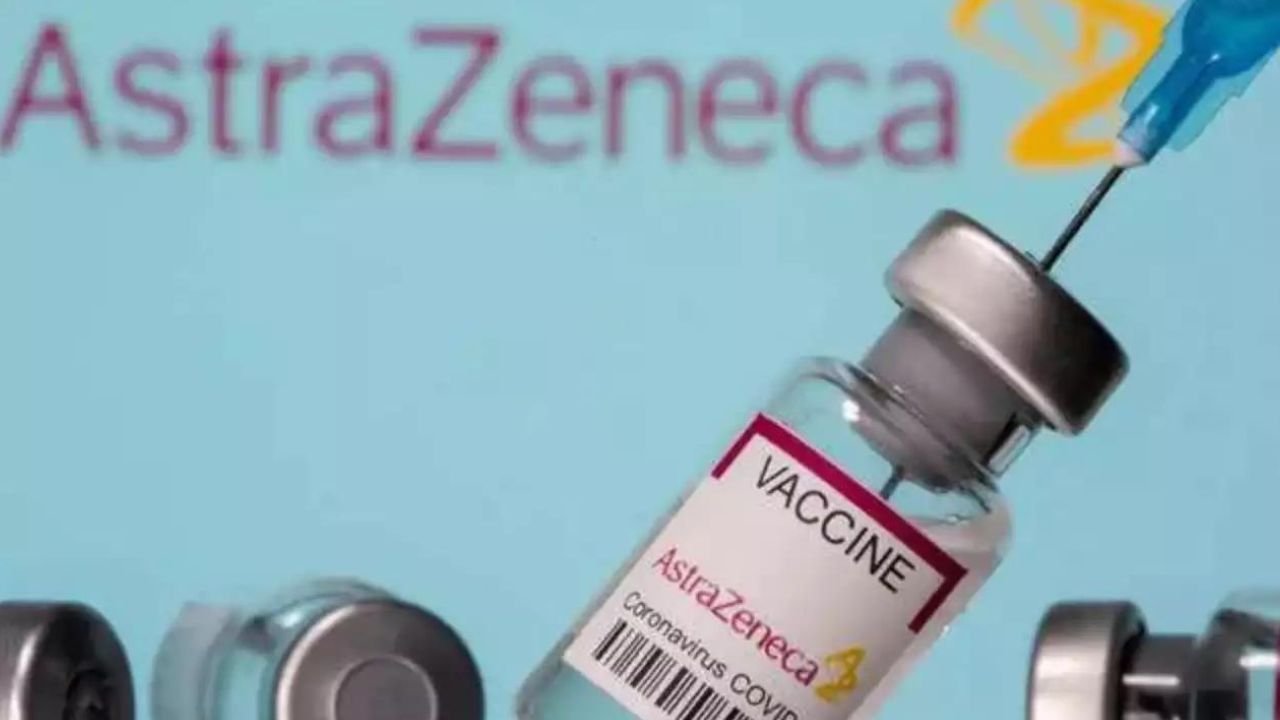AstraZeneca has admitted in court that its vaccine can cause rare side effects, including blood clots and low platelet count.
The vaccine, which was developed with the University of Oxford, was sued over claims that it caused death and serious injury in dozens of cases.
The lawsuit was spearheaded by Jamie Scott, whose life took a tragic turn after receiving the AstraZeneca vaccine in April 2021. Scott suffered a permanent brain injury, prompting legal action against this pharmaceutical giant.
“We need an apology, fair compensation for our family and other families who have been affected. We have the truth on our side, and we are not going to give up” said Kate Scott, the wife of the victim.
In total, 51 cases have now been lodged in Britain and victims and relatives are seeking damages worth £100 million.
BOMBSHELL NEWS
— PeterSweden (@PeterSweden7) April 29, 2024
AstraZeneca just ADMITTED IN COURT that their covid injection can cause a severe blood clot side effect.
This is absolutely huge news.
They are now being sued in a class action lawsuit from victims that have suffered after being lied to by the "experts" about… pic.twitter.com/4CcISuihLA
“It is admitted that the AZ vaccine can, in very rare cases, cause TTS (Thrombosis with Thrombocytopenia Syndrome). The causal mechanism is not known,” the company said in court documents, quotes Dawn.
While the company has contested the claims of Scott, the court submission marks the first time it has admitted that the vaccine can cause side-effects that are characterised by blood clots and a low blood platelet count in humans.
“Further, TTS can also occur in the absence of the AZ vaccine (or any vaccine). Causation in any individual case will be a matter for expert evidence,” the admission in court added.
The UK government has indemnified AstraZeneca against any legal action but has so far refused to intervene.
According to the Council for International Organisations of Medical Sciences, “very rare” side effects are those reported in less than 1 in 10,000 cases.
AstraZeneca vaccine was developed by the British-Swedish company in collaboration with Oxford University, and produced by the Serum Institute of India. It was widely administered in over 150 countries.
Some studies conducted during the pandemic found the vaccine was 60 to 80 per cent effective in protecting against the covid-19.







